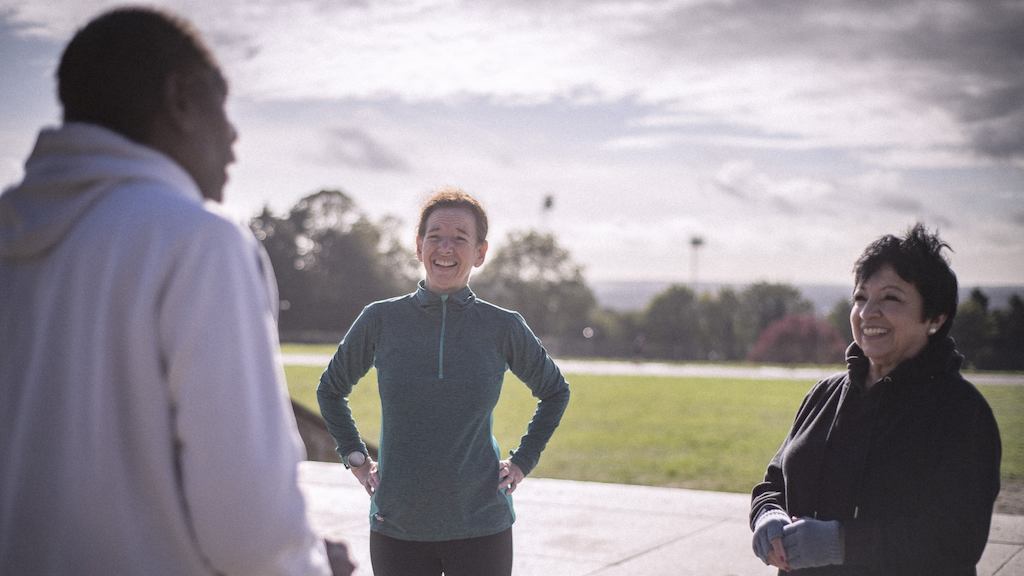The UN's Decade on Healthy Ageing launches this year marking a decade of global action to improve the lives of older people, their families, and the communities in which they live. The Consensus Statement on Healthy Ageing, published by Ageing Better and Public Health England sets out a shared vision for making England the best place in the world to grow old. Signatories span the areas of health, employment, housing and communities, and are from academia, local government, the NHS, and the public and voluntary sectors. To date we have over 100 organisations signed up to the Statement’s five principles, which are:
- Putting prevention first and ensuring timely access to services and support when needed
- Removing barriers and creating more opportunities for older adults to contribute to society
- Ensuring good homes and communities
- Narrowing inequalities
- Challenging ageist and negative language, culture and practices
The COVID-19 pandemic has thrown the Statement’s five principles into sharp relief. We want to support signatories to go further and faster and take meaningful action to promote healthy ageing and tackle inequalities.
In collaboration with Public Health England, we are running a series of webinars that explores each of the Statement’s five principles, the implications of the COVID pandemic, the key issues and lessons learned, followed by presentations from organisations that have implemented actions to address healthy ageing. Members of the UK Network of Age-friendly Communities will add local perspectives to the discussions.
Watch the previous events in the series

